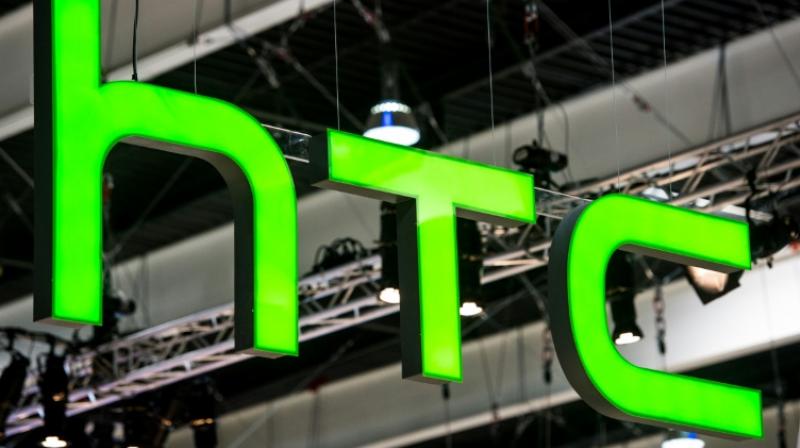 HTC short for High Tech Computer Corporation was once a leader in the smartphone industry. However, due to fierce competition, mainly from Chinese OEMs, it has lost a significant part of its market share over the last several years.
HTC short for High Tech Computer Corporation was once a leader in the smartphone industry. However, due to fierce competition, mainly from Chinese OEMs, it has lost a significant part of its market share over the last several years.
When questioned about the reason behind HTC’s downfall, its newly appointed CEO, Yves Maitres said that his “company stopped innovating on smartphones” on the stage of TechCrunch Disrupt which was held earlier this month.
HTC’s senior official took the stage right after a one on one conversation with OnePlus’ co-founder Carl Pei. Apparently, the contrast of the two companies could not be more widely separated. On one hand, OnePlus which was founded about six years ago has managed to capitalise a worthwhile market share and reputation.
 On the other hand, HTC has been striving to stay afloat during that time. In the Q2 of 2019, it posted a fifth consecutive quarterly loss. Moreover, last year it had laid off around a quarter of its staff. Talking about its market share, in the year 2011, HTC had a market share of about 11 percent whereas in the current time period its name remains hidden in the “other” section in most reports.
On the other hand, HTC has been striving to stay afloat during that time. In the Q2 of 2019, it posted a fifth consecutive quarterly loss. Moreover, last year it had laid off around a quarter of its staff. Talking about its market share, in the year 2011, HTC had a market share of about 11 percent whereas in the current time period its name remains hidden in the “other” section in most reports.
Coming back to the statement made by the newly appointed CEO of HTC, who has been looking at his company’s performance from the outside until now, praised other smartphone OEMs including Apple, Samsung and Huawei who have invested heavily in the development of their hardware. On the contrary, HTC has been allocating resources towards the development of VR (virtual reality) technologies.
Even though his company has made significant breakthroughs in the field of VR, HTC’s timing is not right, as the adoption of that technology has been slower than expected acknowledged the senior official.
He further added HTC is gearing to make a strong comeback in the smartphone market. This time the company will bank on 5G compatible smartphones and target “countries with higher GDP”.
While HTC is not expecting an immediate turnaround, the success will be greatly influenced by the adoption of 5G. He said that the year 2020 will be the starting point of 5G and considering network deployment usually takes about 2 years. 5G, which is also regarded as the next-gen of telecom should have significant coverage by 2023 and HTC believes their turning point will be 2025 or even earlier.
To wrap things up, HTC does seem ambitious but only time will tell whether the company manages to turn the tables or not.
So, stay tuned for future updates.
(via)






